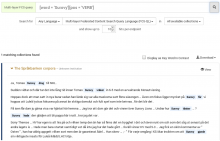CLARIN wants to reinforce its external communication and outreach capacity and has created a job opening for an External Relations Officer (60-100% of a full-time position)
News
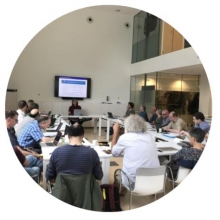
On 23 and 24 May the CLARIN ParlaFormat workshop was held in Amersfoort, the Netherlands. This workshop was organized by the CLARIN Interoperability Committee.
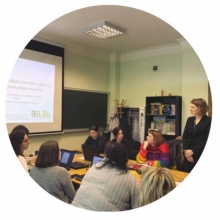
On 9 May, Inguna Skadiņa, the national coordinator of CLARIN Latvia organized a hands-on workshop on how to search in the Latvian Treebank
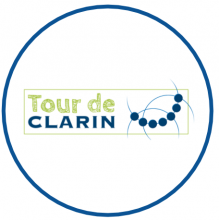
Lemmatizers generalize over the different forms of a word used in free text and provide its lemma, which is the base or dictionary look-up form. The CST lemmatizer learns lemmatization rules not only from word endings, and recognizes a wide variety of derivational patterns; e.g., prefixation, infixation, suffixation.
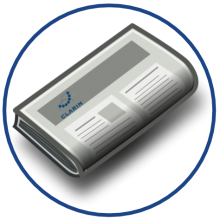
In this issue: Virtual Language Observatory 4.7 beta, poll, Job opening at CLARIN : System and Software Engineer, Maintenance announcements

On 21 November 2018, CLARIN-DK experts organized an interactive workshop where they presented the use of Voyant Tools to lecturers and researchers at the Department of Nordic Studies and Linguistics at the University of Copenhagen.
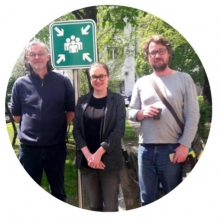
Blog post by Tanja Wissik who used a CLARIN Mobility Grant to visit the Jožef Stefan Institute and learn more about encoding parliamentary data in .
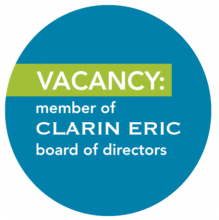
CLARIN has an opening for the position of member of the Board of Directors (20% fte) who will work closely together with the other directors. The application deadline is 4 June 2019.

Denmark has been a member of CLARIN since February 2012 and is one of its founding members.
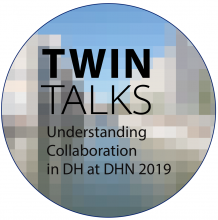
Read about the workshop "Twin Talks: Understanding Collaboration in DH" that took place during the 4th Digital Humanities in the Nordic Countries Conference
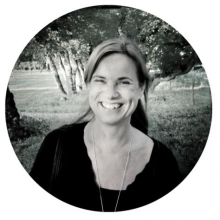
In this Tour de CLARIN blog post, we present an in-depth interview with Susanne Nylund Skog, an ethnology and folklore researcher who collaborates with the SWELANG K-centre in the TillTal project.
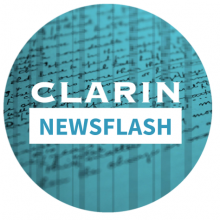
Read the most recent CLARIN Newsflash: April 2019 here
We are pleased to announce that the IDS Mannheim in Mannheim and the Eberhard Karls Universität Tübingen have been assessed again according to the current criteria and are re-certified as CLARIN B-centres. CLARIN congratulates the centres and thanks all persons involved, in particular those
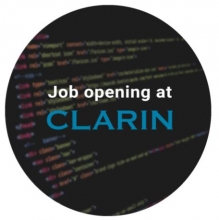
To further the construction and integration of its technology components, CLARIN is looking for a System and Software Engineer (0.6 - 1 FTE). Application deadline: 29 May.
STAY TUNED TO THE FUTURE. Impact of the research infrastructures for social sciences and humanities.
In January 2018, the Strategy Working Group on Social and Cultural Innovation took the initiative to organize a conference on impact of research infrastructures, held in Bologna, at the Foundation for Religious Studies. The proceedings of the conference: STAY TUNED TO THE FUTURE. Impact of the

In 2017, CLARIN carried out a pilot exploring the possibilities of integrating Europeana Collections’ material into its infrastructure and thus opening up new possibilities for the discovery and linguistic processing of textual cultural heritage content for a social sciences and humanities research audience.

In this edition: Upcoming assessment round, Centre meeting 2019: updated programme, New C-centre: SADiLaR, Review CoreTrustSeal, Virtual Language Observatory 4.6, Virtual Collection Registry 1.3, Data & Service announcements from our centres, Best Practices guide: updated version available, Past issues, Maintenance announcements
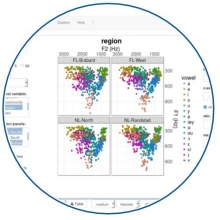
The CLARIN Mobility Grant made it possible for Wilbert Heeringa to visit Sprakbanken, compare tools and exchange knowledge and ideas. The visit took place from 28 January to 1 February 2019. Read about it in his blog post

The SWELANG knowledge centre is an information service offering advice on the use of digital language resources and tools for Swedish and other languages spoken in Sweden, as well as other parts of the intangible cultural heritage of Sweden.
